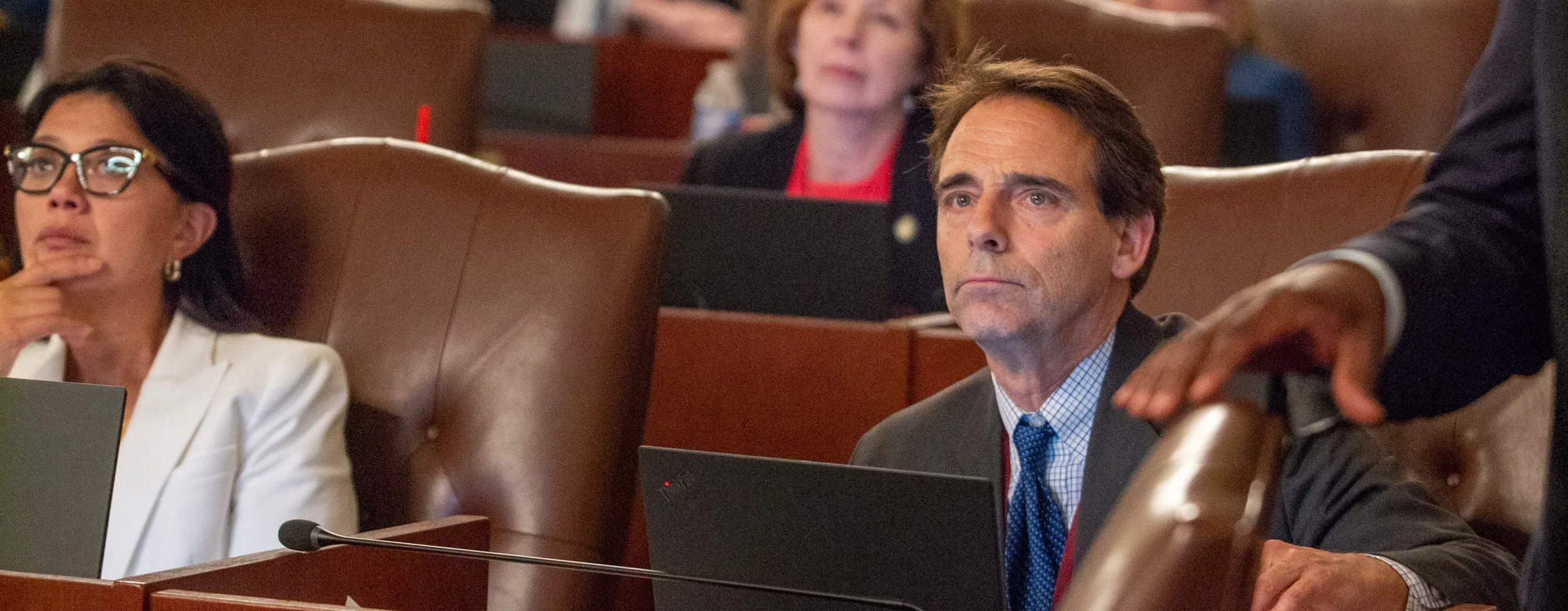CHICAGO, Ill. (IRN) — Illinoisans voted not to retain a state Supreme Court Justice Tuesday, something that’s never happened in Illinois history.
Here’s what’s going to happen next.

As of Wednesday afternoon, voters in the 3rd Judicial District rejected Supreme Court Justice Thomas Kilbride for retention, giving him only 55% of the vote when he needed 60% to retain his seat on the state’s highest court. Proponents and opponents spending more than $10.7 million on the contest, making it one of the most expensive races in the cycle.
While Illinois voters have never rejected a justice like they did Tuesday, the state has replaced many, whether due to retirement or death.
“The court is going to appoint somebody for a two-year term,” said Dr. Kent Redfield, emeritus professor of political science at the University of Illinois at Springfield. “Then, it will be an open seat. There will be a Democrat and a Republican primary within the district in the spring of 2022 and you’ll have a Democrat and Republican running against each other in the fall.”
The Illinois Constitution states that “A person appointed to fill a vacancy 60 or more days prior to the next primary election to nominate Judges shall serve until the vacancy is filled for a term at the next general or judicial election.”
Illinois is an outlier in its process and stands alone in its interim replacement method.
“Illinois is the only state in the Midwest that uses a pure partisan selection method, where the justices just run as partisan members for election,” said Samuel Postell, political writer at Ballotpedia’s State Supreme Courts Project. “Illinois is, I believe, the only state in the country that allows the state Supreme Court to fill a vacancy.”
Redfield said retiring justices would sometimes recuse themselves from the selection of their replacement to avoid any questions about the process, but lamented that Illinois’ judicial selection process has become as politicized as it is.
“If this were just normal Illinois politics, they’d be appointing whoever they thought would be their best candidate to win in 2022, which is why we shouldn’t elect Supreme Court judges,” he said.
Democrats hold a 4-3 majority on the Illinois Supreme Court.
By COLE LAUTERBACH for the Illinois Radio Network





